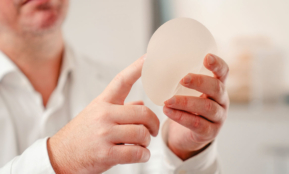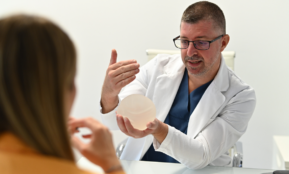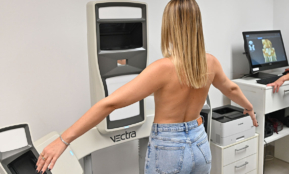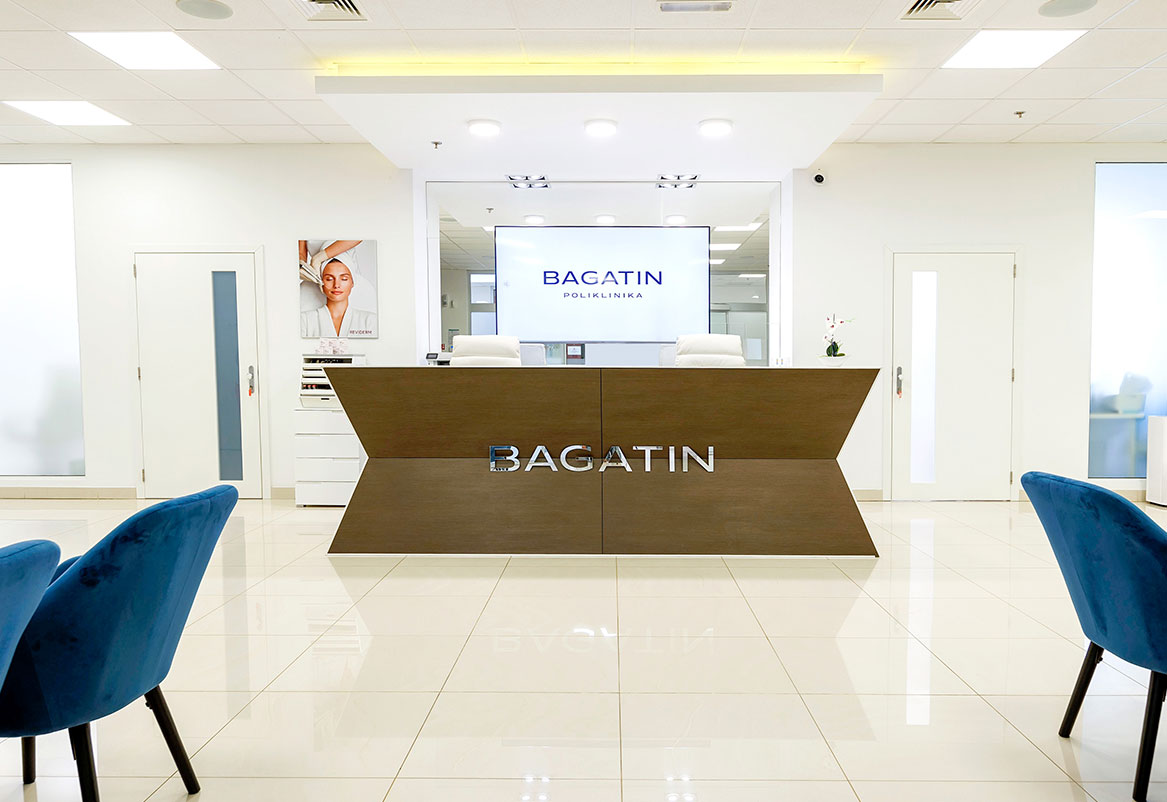Aesthetics
Face
The most modern facial treatments help you look younger, more elegant and happier.
Body
Feel comfortable in your body and correct sources of discomfort.
Chest
Make your wish for a better appearance come true and restore your self-confidence with aesthetic correction.
Hair and scalp
Minimally invasive solutions for hair loss and a natural look.
Issues
Find solutions to some of the most common aesthetic problems.
Treatments
Treatments
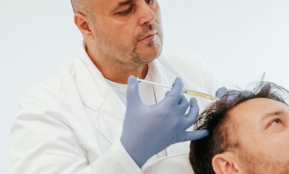
Hair and scalp mesotherapy
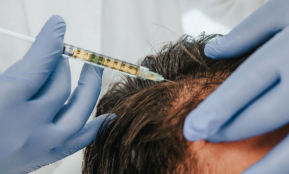
Thinning hair therapy with your own blood

Trichotest – DNA analysis of hair loss and baldness

Hair loss in women – causes and how to prevent it

Hair loss in men – causes and how to prevent it

Alopecia – hair loss
FACE

BODY
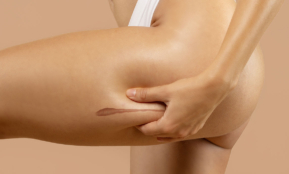
Implantology Center
Different methods of solving the problem of missing one or more teeth.
Prosthetics
The most common solution in cases of functional or aesthetic tooth damage.
Aesthetic Dentistry
Harmonious tooth shaping and tooth color correction according to your wishes.
General Dentistry
Modern and timely diagnostics, treatment and dental hygiene are the key to the health of your teeth.
Issues
Find solutions to some of the most common aesthetic problems.
About us
Locations
Description of the procedure
Local anesthesia is used to numb the area to be treated. The oral surgeon makes a small incision in the gums to access the cyst. The cyst is carefully removed using surgical instruments, along with part of the tooth root if necessary. After the cyst is removed, the affected area is thoroughly cleaned to remove any bacteria and prevent reinfection. The gums are sutured to allow for healing.
The patient is given instructions on postoperative care, including applying cold compresses, taking prescribed medications, and avoiding certain activities until the wound heals.
Cystectomy is very effective in preventing further complications that cysts could cause, such as damage to bone or adjacent teeth.
Candidates
Candidates for cystectomy are usually patients who have a cyst around the root of a tooth or in the jawbone, and these include:
- Patients with chronic infections – People who have developed a cyst due to untreated tooth decay or root canal infection.
- People with diagnosed cysts – Most often, cysts can only be diagnosed with an X-ray because they have no symptoms until they begin to destroy the surrounding tissues. That is why it is important to go for regular check-ups, which include recordings.
Preparation
Before the procedure, the dentist or oral surgeon performs a detailed examination of the affected area, including X-rays or CT scans to precisely determine the size and position of the cyst.
Before the procedure, it is important for the patient to inform the doctor about any existing health problems, allergies, or medications they are taking (especially if they are taking anticoagulants).
Procedure progress
Precautions
Before the procedure, the patient should inform the doctor about any medical conditions, such as diabetes, heart disease, high blood pressure, or blood clotting disorders. It is also important to mention any drug allergies.
Price
In cooperation with banks, Bagatin Polyclinic provides the option of paying in installments, as well as interest-free payments up to a certain number of installments.
You can check more about payment methods and treatment prices in the current price list of the Bagatin Polyclinic:
They said about us...
Your
Frequently asked questions
Contact us
Contact us with confidence.
By filling out this form, our call center will contact you within 24 hours to arrange your appointment. We keep all information you provide us with in the strictest confidence.
Phone:
E-mail:


